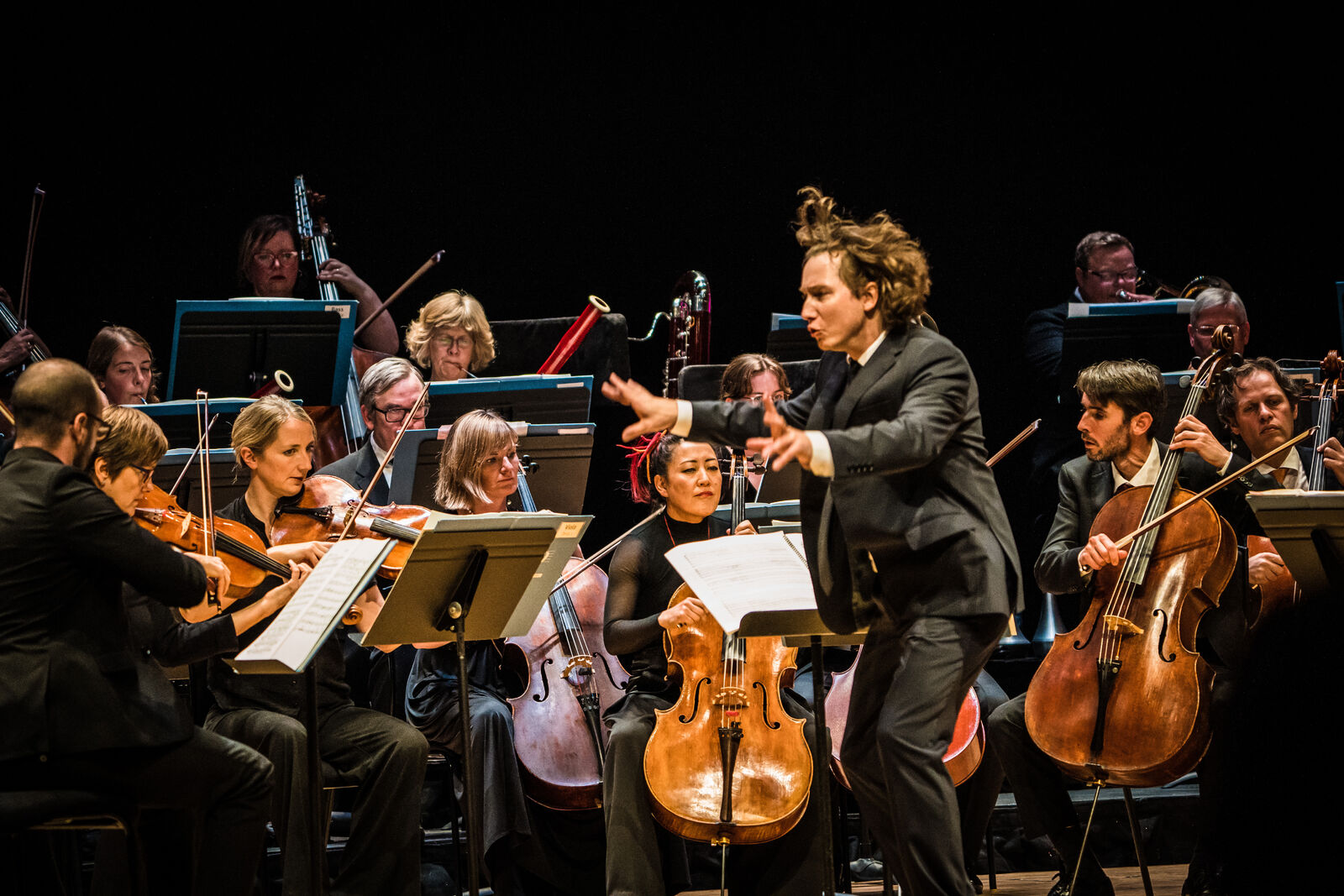It has become something of a cherished tradition at the Edinburgh International Festival: the Scottish Chamber Orchestra and Chorus, under their Principal Conductor Maxim Emelyanychev, bring Mozart’s stage works to life. Following The Magic Flute and Così fan tutte in the previous two years, this season, they turn to one of his final operas, La clemenza di Tito, a political drama that explores the tension between betrayal, justice, and mercy. Themes that still resonate in today’s political climate.
The opera tells the story of the Roman emperor Tito, loved for his fairness, yet targeted by a conspiracy led by Vitellia, daughter of the deposed emperor, who resents being overlooked as his bride. She persuades Tito’s close friend Sesto to assassinate him. When the plot fails and Sesto is captured, Tito’s decision to pardon both Sesto and Vitellia forms the work’s moral heart, its magnanimous finale underlining the ideal of clemency as a ruler’s greatest strength.
On stage, Giovanni Sala is an elegant Tito, graceful yet masterful, with American mezzo-soprano Angela Brower embodying the conflicted Sesto, a role originally written for a castrato. Tara Erraught’s Vitellia is commanding and richly coloured, her eventual confession made all the more potent by the basset horn urging her forward. Maria Warenberg’s Annio and Hera Hyesang Park’s Servilia provide poised, lyrical support, while Peter Kálmán’s Publio anchors the drama with gravitas.
Mozart’s writing here is full of instrumental colour: the tender clarinet phrases accompanying Sesto’s emotional turmoil are exquisitely played, as is the basset horn line that shadows Vitellia’s change of heart. Under Emelyanychev’s direction, sometimes leading one-handed from the keyboard, the SCO play with urgency and energy, each change in mood finely etched.
Visually, the production favours simplicity: most singers in classic black suits, with Vitellia’s lustrous blue gown marking her as imperial-born, and Sesto’s green blazer in Act I hinting at betrayal before its removal in Act II signals sincerity.
The Usher Hall’s tiered steps provide a natural dramatic frame, with every aspect of the performance moving in harmony, just like the opera’s finale where voices and instruments unite in a jubilant choral conclusion. An evening of Mozart at the Edinburgh International Festival is always a delight, and this is no exception. Nights like this leave the audiences eagerly anticipating what the SCO and Emelyanychev will bring to the audience next year.


Comments